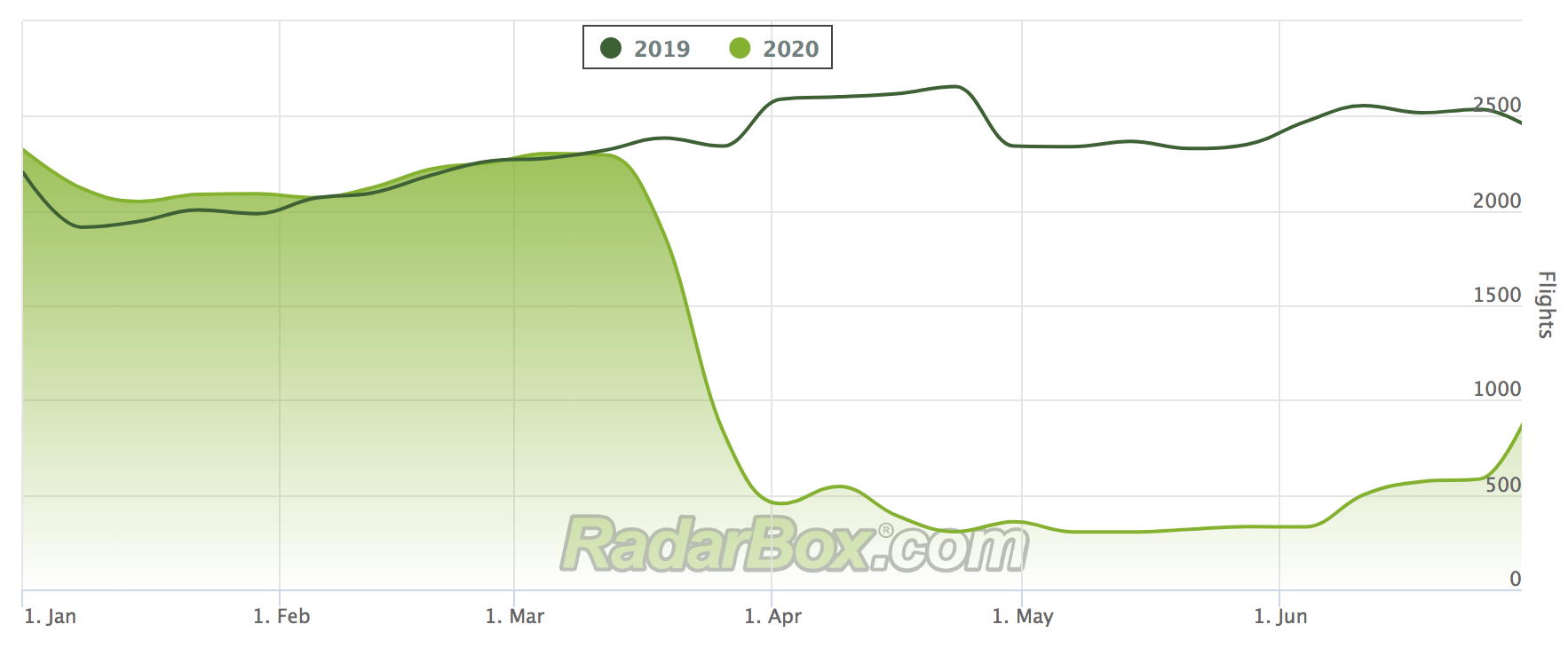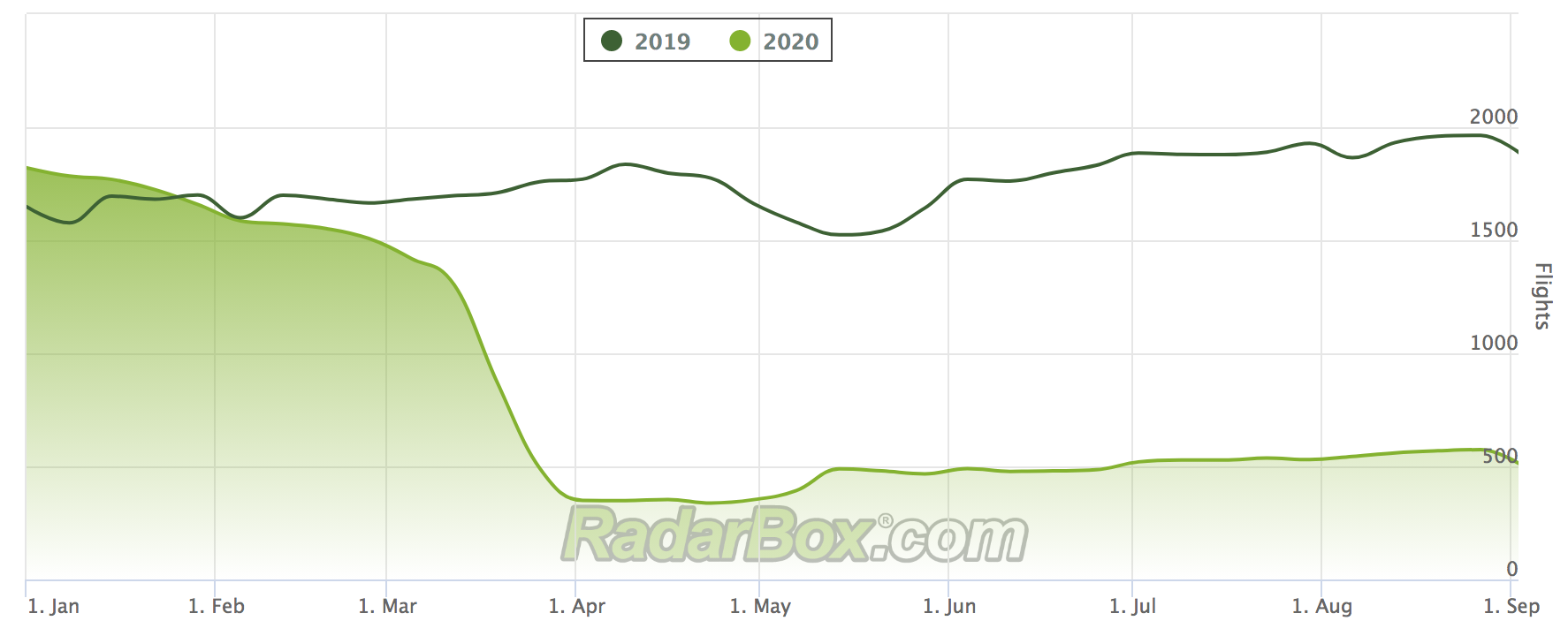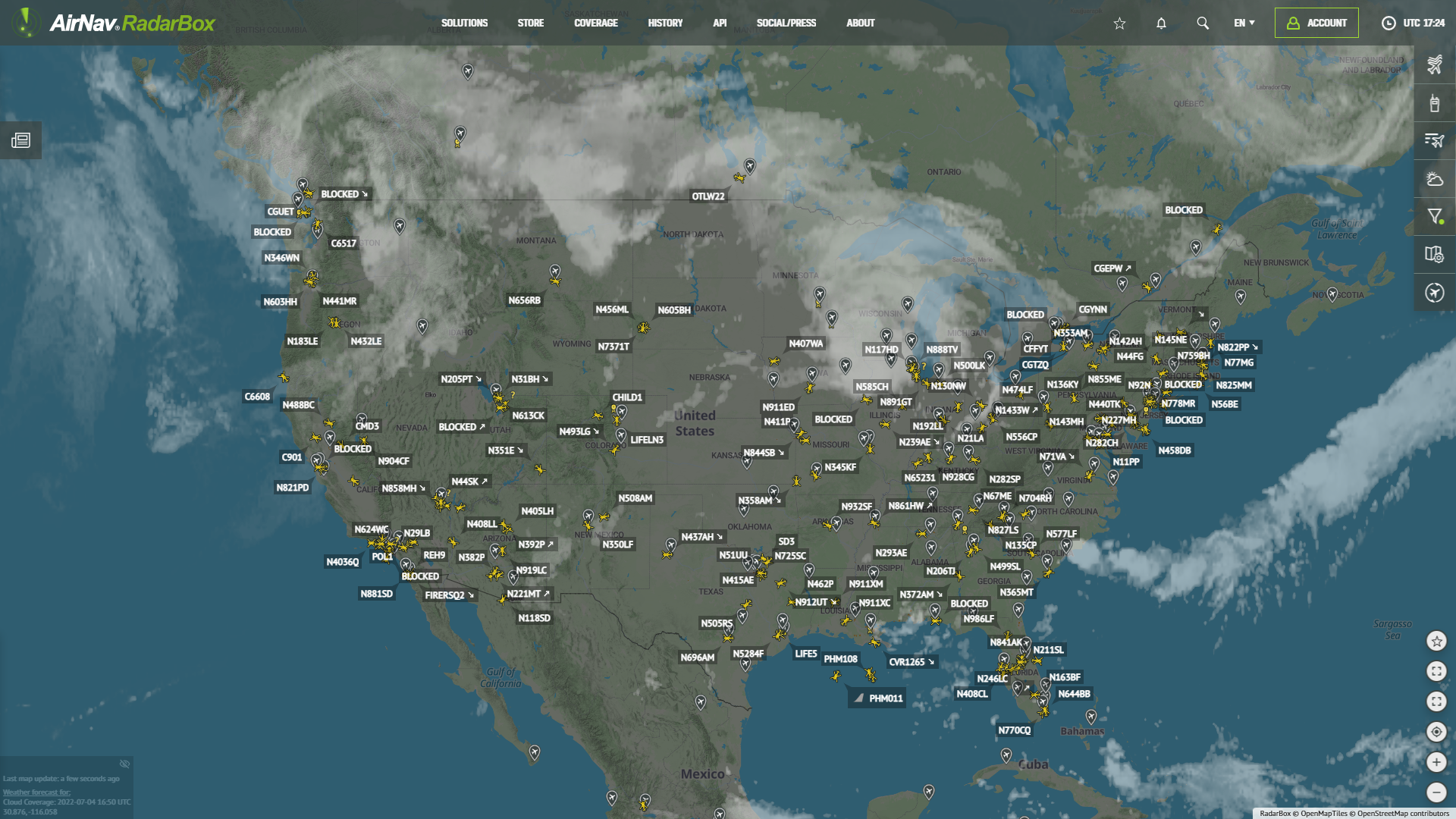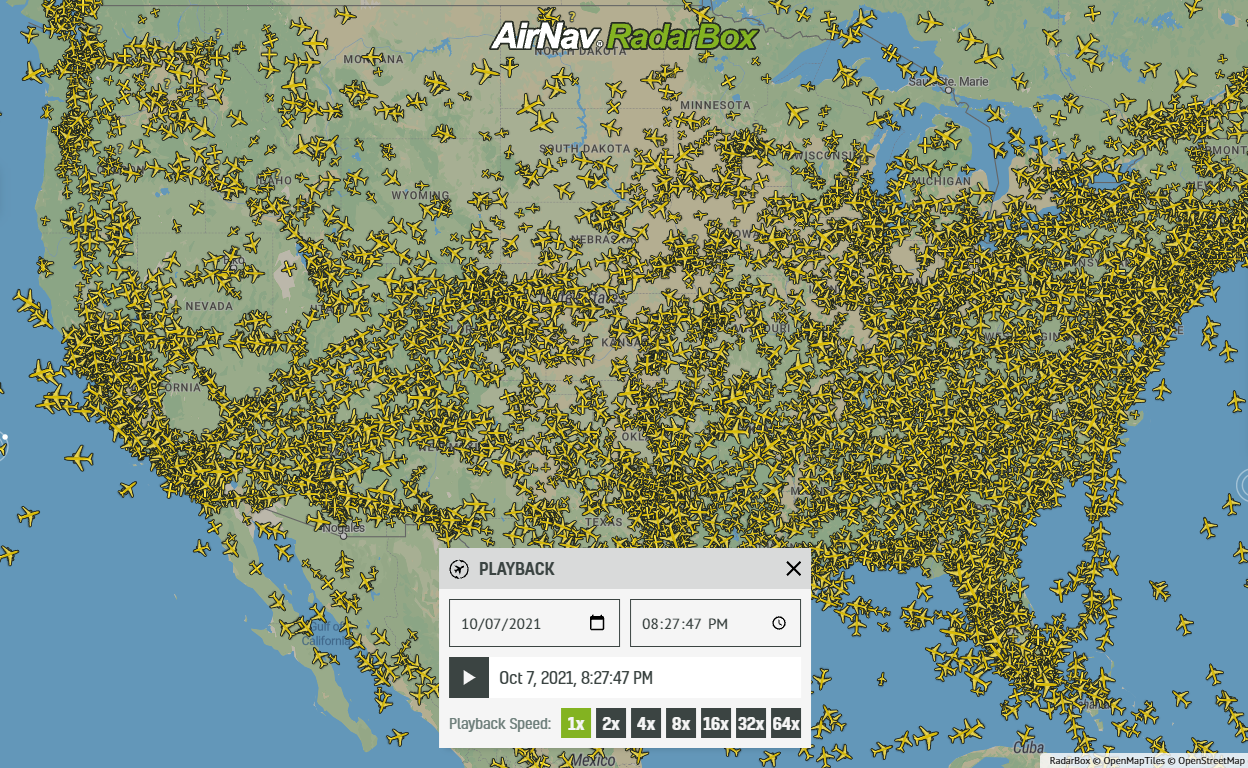Aviation Round-Up: Horrible Figures for United and American
Most news emerging in the aviation space this week continues to be entered around the immediate and long-term challenges facing the industry. Underlining this defining issue was a report in The Daily Telegraph, which noted that no less than 23 airlines have collapsed in 2020. The carriers that have disappeared from our skies include Air Italy, Flybe, and Virgin Australia, and more casualties are expected in the months to come.
The grim aviation climate was underlined by financial figures released by two of the most important and established carriers in the US – United and American. The airlines released remarkably similar, and equally depressing, financial figures this week, with United revenue plummeting by 87%, and American income crashing by 86%.
Massive Net Loss
American posted a huge net loss in excess of $2 billion for the second quarter of 2020, with CEO Doug Parker acknowledging that the period had been “one of the most challenging quarters in American's history”. In a statement, the supremo at American cited the fact that “COVID-19 and the resulting shutdown of the U.S. economy have caused severe disruptions to global demand for air travel”.
In the short-term, American expects to reduce 2020 capital expenditure by more than $15 billion. While the airline noted that “passenger demand and load factors have improved since bottoming out in April”, the carrier was keen to point out that demand remains “significantly below 2019 levels”. Indeed, our data indicates that the airline has made a decent recovery in recent weeks, but that its number of flights remains well below last year's figures.
(American Airlines flight data for 2020)
Shares in American have also taken a beating during 2020, with the carrier's stock price slumping from over $30 before the Covid crisis hit, to just over $11 today.

(American Airline's share price in 2020)
United's revenue figures also painted a sorry picture. The company lost $1.6 billion during Q2, which contrasted profoundly with its profit of $1 billion during the same period last year. United intends to shave its $40 million per day loss to $25 million during the third quarter, but will still clearly continue to endure a dismal fiscal climate for the immediate future.
Company Statement
In a statement to shareholders, United indicated that it expects revenue to return to the company when a vaccine for the Covid-19 virus enters into the public domain:
“We do expect that demand recovery, which stalled in recent weeks, will begin to recover again when new cases start to fall, quarantines are lifted, and borders are reopened. However, we continue to believe a full recovery is contingent upon effective therapuetics and a vaccine. Our best guess is demand, as measured by revenue, will recover over time to be down approximately 50% and then plateau at that level until a vaccine is widely distributed.”
While American has experienced at least something of a tangible recovery, our data demonstrates that this has yet to materialize for United:

(United Airlines Flight Data for 2020)
As airlines across the globe struggle with diminishing revenue, the Association of Asia Pacific Airlines has called on governments in the Asia-Pacific region to ease “unduly onerous restrictions”, and collaboratively develop a consistent framework for restoring international air travel.
The Asia-Pacific region has been particularly harshly impacted by Covid-19, due to the virus originiating in China. Our data shows that flights to Asia from both Europe and the United States have dried up in recent months:

(Flights from Europe to Asia in 2020)

(Flights from United States to Asia in 2020)
Environmental Pressures
However, while carriers may wish for air travel to be liberalized, other pressure are also bearing down on the industry. Airlines are coming under pressure to improve their environmental credentials, and with this in mind the US government this week announced that it will adopt aircraft emissions standards modelled on international protocols, in an attempt to ward off criticism.
But even these efforts were criticized by environmental campaigners, with Center for Biological Diversity describing the move as “toothless”, with Clare Lockwood, the group's climate legal director, commenting that the rules are “are too weak to address the severity of the climate crisis”. It seems the debate surrounding this issue will continue to rage.
And, finally, Air New Zealand had to deal with a slightly embarrassing incident this week, when two of its planes apparently collided in an aircraft hangar at Auckland International Airport. According to reports, a 777-300ER received damage to its tail after the wing of a 787-9 Dreamliner collided with it. Air New Zealand has announced an investigation into the minor crash.
READ NEXT...
 78198
78198Tracking Helicopters With RadarBox
Today we'll explore how to filter and track helicopters on RadarBox.com. Read this blog post to learn more...- 30317
AirNav Announces Coronavirus Related Data & Graphics Available
AirNav Systems is providing data COVID-19 air traffic related data for analysis, study and use.  21698
21698Replay Past Flights with Playback
AirNav RadarBox officially launches the playback function on RadarBox.com, allowing users to replay the air traffic for a specific date and time in the past, within a 365-day period. Read our blog post to learn more about this feature.
